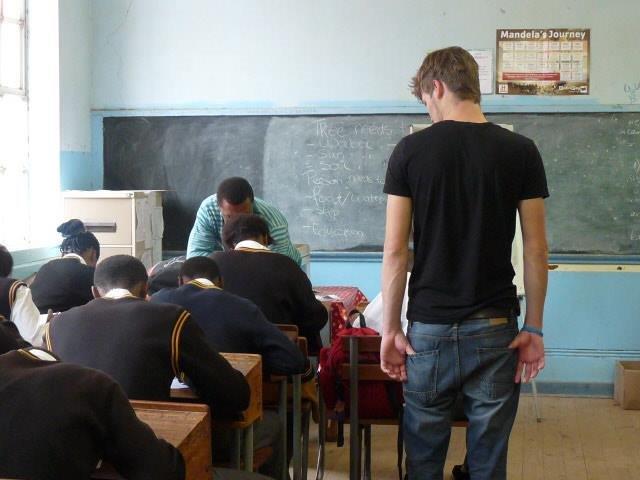


In the communities where Ready4Life works, business isn’t abstract. It’s survival, empowerment, and resilience. You’ll meet street vendors, youth hustling side gigs, cooperatives reinventing supply chains, and schools trying to teach financial literacy without electricity. These are more than case studies — they’re your collaborators and colleagues.
You’ll also see the launchpad of some of the world’s richest and most powerful businesspeople.
Whether you’re helping launch a student-run tuck shop, mentoring teen entrepreneurs, mapping informal economies, or supporting micro-finance projects, you won’t just be observing innovation: you’ll be managing it.
You’ll co-create value when the budget is zero alongside people who see opportunity where others see crisis. You’ll negotiate, navigate, and collaborate across cultures — and help build commercial solutions to social and environmental problems. You’ll gain:
Afrikaans shares common roots with Dutch, helping you connect with some communities faster and follow the flow of informal business conversations with greater ease.
A few skills that shine here:
Using your mind to stretch resources
with or without the spreadsheet
Supporting local ideas and initiatives without taking over. Sensing when to lead and when to follow
using business can solve problems — not just make money. Markets, education, and infrastructure intersect, and where they don’t (as yet), you will innovate.